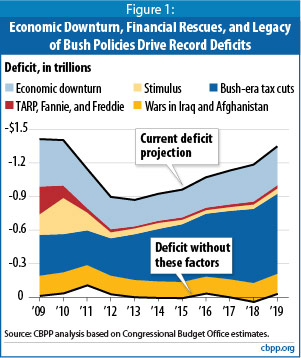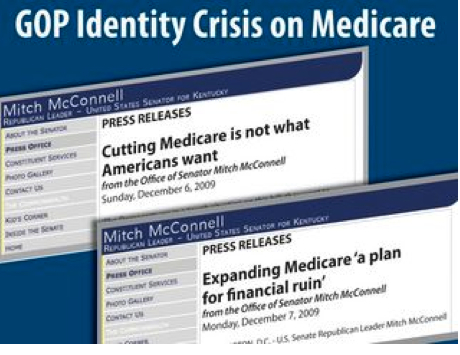Mark Thoma:
This is What a Balance-Sheet Recession Looks Like, and It’s Not Pretty:
Stephen Gordon says these graphs make him grateful that Canada is not the US:
This is what a balance-sheet recession looks like, and it’s not pretty, Worthwhile Canadian Initiative: I had never heard the expression “balance-sheet recession” before this recent episode, and it’s time I got around a comparison of the household balance sheets of the US and Canada. Of all my “Canada is not the US” posts, this is the one that makes me most grateful.
The quarterly data goes back to 1990, and it’s good to put the last few years in context. I’ve scaled all the series by price (the consumption spending deflator) and population. Here is the net worth series:
There’s been talk of a Japan-like ‘lost decade’ in the US; that seems optimistic. US real per capita net worth is back to what it was back in 1999.
The US problem is on the assets side:
The effect of the recent recession on assets in Canada is similar to that of the demise of the dot-com boom.
Aggregate household liabilities have also fallen in the US, but as can be seen in the net worth data, not by enough:
Few will be surprised to learn that the collapse of US house prices had an important effect on US asset holdings:
Although the fall in US housing assets was more dramatic, other assets lost value as well:
And lastly (although if someone can think of another interesting graph, I may add it), here is real per capita housing equity:
The US data go back to 1952, so I was able to check the last time the real, per capita value of US housing equity was at its current level. Even after looking at all of these graphs, the answer astonished me: 1978. Nineteen seventy-freaking-eight.


